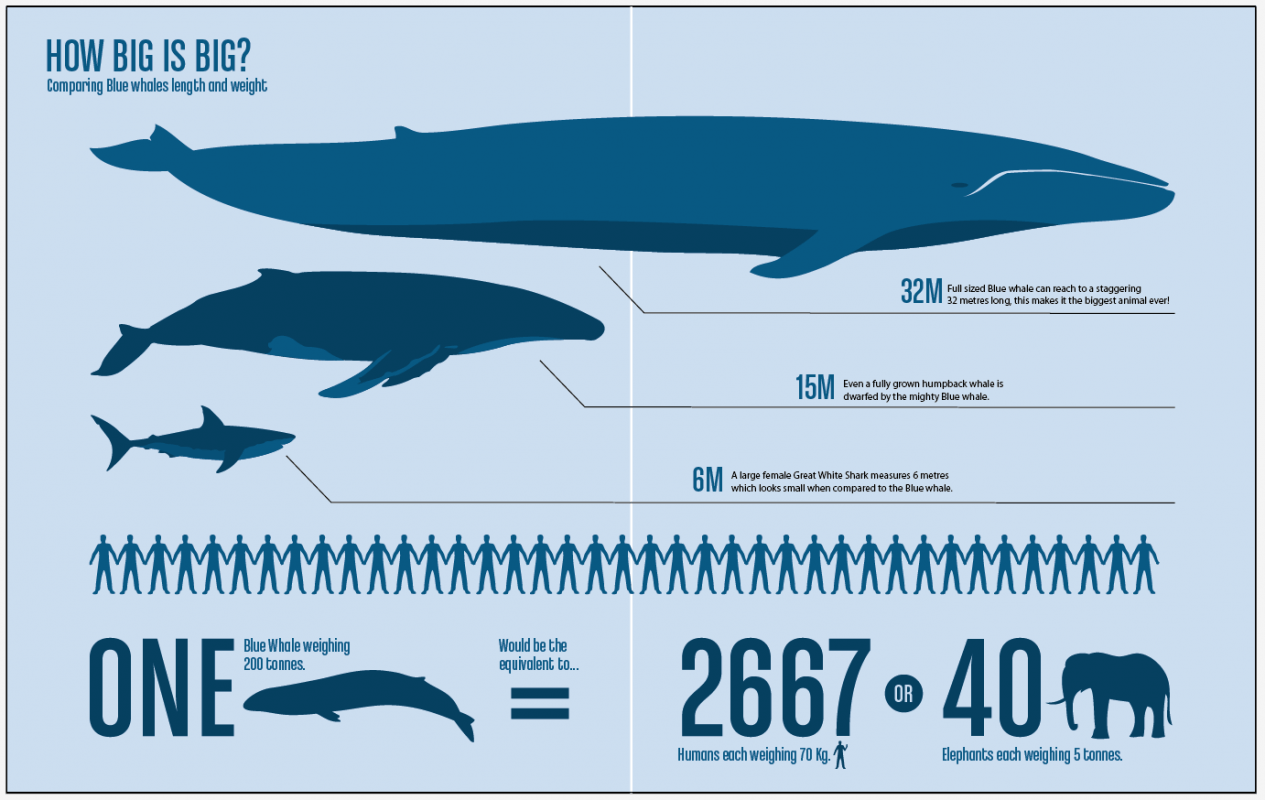New sensory organ in baleen whales discovered that may help to coordinate lunge feeding.
Rorquals, including fin, humpback and minke whale are specially adapted to forage on large quantities of prey in small bursts and until recently very little was understood about how this actually worked!
A new sensory organ, found within the chin of rorqual whales, is responsible for coordinating the biomechanics of their extreme lunge-feeding strategy. Left, a fin whale after lunging; right, anatomy of the new sensory organ. (Art by Carl Buell, arranged by Nicholas D. Pyenson / Smithsonian Institution)
Scientists from the Smithsonian Institution and University of British Columbia have solved the mystery behind how rorquals coordinate their jaw movements while lunge feeding. A newly discovered sensory organ in the chin of rorqual whales that communicates to the brain may hold the answer. The organ is responsible for the extensive adjustments needed in jaw position and throat-pouch expansion to successfully lunge feed. The research, published in Nature, describes the organ in detail.
Rorquals are among the largest animals on Earth, yet feed on some of the smallest organisms in the marine environment. In order to successfully feed on large amounts of tiny prey such as krill or sprat, they are morphologically adapted to accelerate to top speeds in short bursts, engulfing more than their own body weight in water and using their baleen plates to filter the hundreds of tiny fish and krill. To allow this their throat grooves are hyper-expandable, they have a Y-shaped cartilage structure connecting the chin to the throat pleats and a lower jaw made of two separate bones that can move independently.
The discovery of this sensory organ is shedding new light on how these features coordinate to create successful feeding. The organ is located in the whale’s chin in the space between the tips of the two lower jaw bones and is made of connective tissue with papillae (protrusions) with nerves, suspended in a gel-like material. Vascular and nervous tissue from an ancestral front tooth socket which still remains in modern whales connect to the sensory organ. Evidence suggests that the sensory organ responds to jaw rotation when the whale opens and closes its mouth and when the whale’s throat pleats expand there is an intake of water.
Nicholas Pyenson, paleobiologist at the Smithsonian’s National Museum of Natural History and lead author of the research said “The odd arrangement of tissues didn’t make much sense to us at first, but then we realized that this organ was perfectly placed, anatomically, to coordinate a lunge because that soft structure is pinched by the tips of the jaws, and deforms through the course of a lunge. This deformation is registered by the nerves inside the organ, informing the gulping whale about its gigantic jaws, which must close before prey escape. This finding answers several outstanding theoretical questions and puzzling field data that suggest rorquals actively control their lunge, rather than letting their mouths passively inflate like a parachute.”
According to fossil records, the bottom jaw of baleen whales was unfused, or separated, at its tip since the late Oligocene epoch (23-28 million years ago). Over rorquals extensive evolutionary history, this organ represents an novelty for rorquals, based on its absence in all other modern species of baleen whale, such as gray and right whales.
As lunge feeding is a vital part of maintaining baleen whales large body size, this discovery helps determine the anatomical and behavioural innovations which occurred through-out the evolutionary history of rorquals that allowed them to become oceanic giants and the largest vertebrates on Earth.
Reference:
Pyenson, N., Goldbogen, J., Vogl, A.
et al.
Discovery of a sensory organ that coordinates lunge feeding in rorqual whales.
Nature
485,
498–501 (2012) doi:10.1038/nature11135
SHARE THIS ARTICLE















